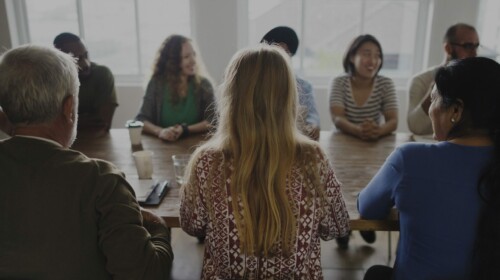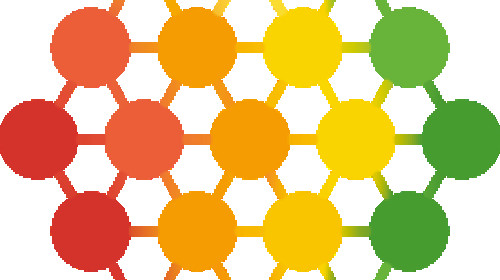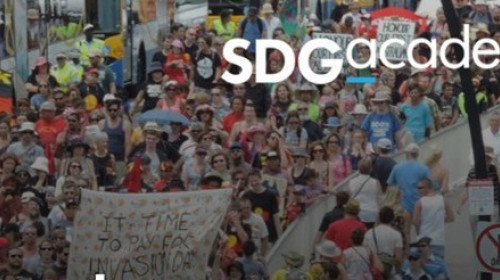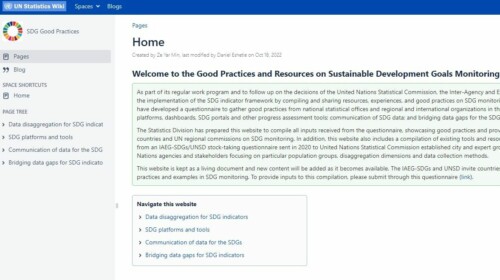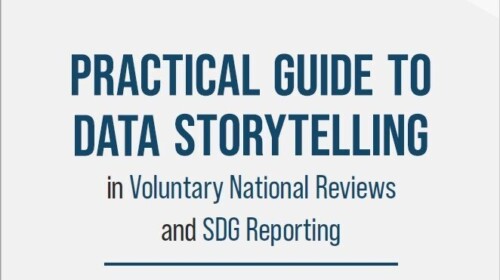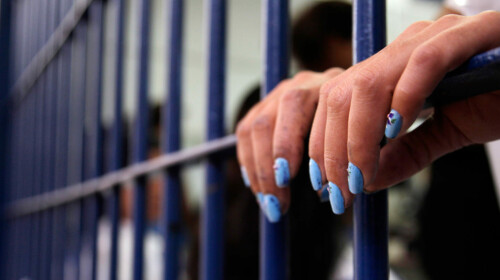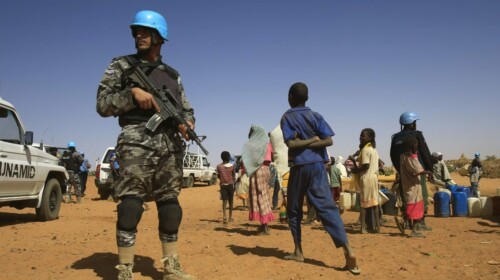This resource provides participants with the tools required for developing and delivering training on gender statistics. The purpose of the toolkit is to support statistical system efforts to increase the understanding and use of gender statistics among government officials and development practitioners.
The toolkit supplies substantive content for use in training workshops, including user-friendly descriptions of key concepts with real-world examples, hands-on exercises, summary handouts, and PowerPoint presentations. The toolkit also offers practical guidance on running a successful workshop in gender statistics, complete with step-by-step planning advice, a sample workshop agenda, and access to materials used in workshops in the region.
The toolkit consists of six thematic modules:
- Basic skills in gender statistics
- Measuring the population
- Measuring work and economic activity
- Education and training
- Health
- Power and decision-making in society
The toolkit is available in English and Russian. The toolkit was developed primarily for countries in Eastern Europe, Caucasus and Central Asia, but the materials may be downloaded and adapted for use in any country.
The learning package is available to the public on the UNECE website, and includes PDF and PowerPoint materials.
The toolkit supports gender focal points and other individuals delivering training in gender statistics. The toolkit can be used to train a range of audiences, including:
- statisticians and staff of national statistical offices
- data producers from across the national statistical system (e.g. ministry of health, education, finance)
- government officials
- politicians and/or their advisors
- users of statistics from civil society
- academics and researchers
- journalists
- school and university students
The main objective of the toolkit is to provide facilitators of training in gender statistics with:
- practical guidance on planning and delivering a training workshop in gender statistics
- short, straight-forward descriptions and real-world examples of key concepts related to gender statistics
- hands-on exercises for use in training workshops
- ready-made handouts summarizing key points
- PowerPoint presentations for use in training workshops
The main objectives of toolkit-based training in gender statistics will vary according to target audience needs, but may include:
- increase awareness and understanding of gender statistics
- encourage use of gender statistics in policies and programmes
- increase capacity to produce and use gender statistics
- share national experiences and good practices in producing gender statistics
- identify priority areas for future work

